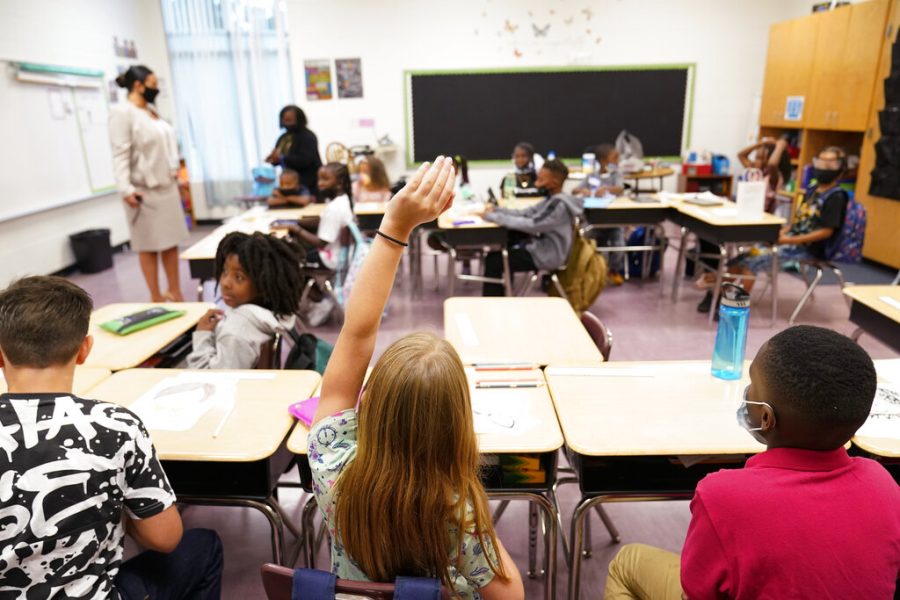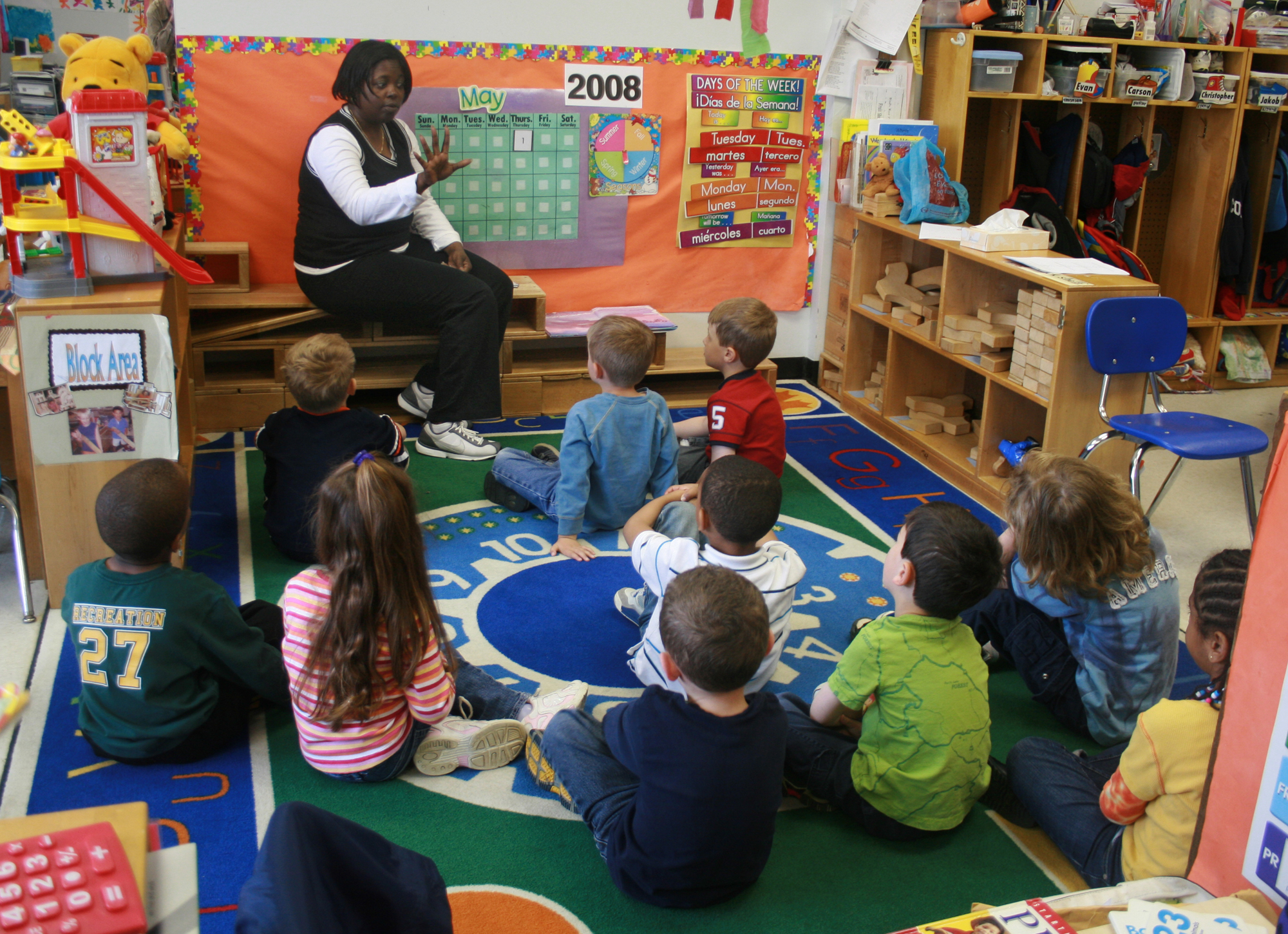Recognizing the Value of Schools in Kid Development and Neighborhood Development
Schools offer as crucial institutions for child advancement and community growth, giving atmospheres where scholastic success are matched by the cultivation of social abilities and exposure to diverse point of views. These instructional settings not just advertise important thinking and reliable interaction yet likewise foster compassion with collective tasks. Institutions' engagement with neighborhood communities via service-learning initiatives reinforces the bond between families and academic establishments. This symbiotic relationship underscores the relevance of institutions in nurturing active citizenship and lifelong learning behaviors. What are the specific devices by which these establishments attain such profound effects?
Academic Accomplishment
Academic accomplishment functions as a keystone of kid advancement, giving the structure upon which future knowing and success are developed. Schools play a critical duty in promoting this scholastic growth, using structured settings where kids can acquire necessary expertise and cognitive skills. Standard curricula guarantee that pupils gain effectiveness in core subjects such as mathematics, science, and language arts, which are critical for both greater education and learning and expert opportunities.
Along with presenting essential academic skills, colleges also grow crucial reasoning, analytical abilities, and intellectual interest. These cognitive proficiencies are vital for browsing intricate real-world scenarios and adjusting to the ever-evolving needs of the modern-day office. Educators, as facilitators of knowing, employ diverse pedagogical methods to satisfy varied learning designs, therefore making best use of private student possibility.
In addition, scholastic success is very closely linked to self-worth and inspiration. Kids who experience scholastic achievements are most likely to create a favorable self-concept and a long-lasting interest for learning. Schools likewise supply different sources, such as libraries and technology, which further boost the educational experience and prepare trainees for a technologically advanced culture.
Social Ability Growth
Beyond academic accomplishment, the role of institutions in social skill growth is crucial. Schools serve as a main place for youngsters to discover and exercise essential social skills such as communication, conflict, and teamwork resolution. In the organized environment of a class, pupils interact with peers, instructors, and other school team, supplying numerous chances to develop these important capacities.
Reliable social skill development in colleges is facilitated with group activities, joint tasks, and extracurricular programs. These communications help students understand social norms, build empathy, and cultivate a feeling of neighborhood. For example, team assignments instruct students how to work with each other towards a typical objective, pay attention to various viewpoints, and navigate differences constructively.

The cultivation of social abilities during college years lays a structure for future individual and expert relationships. Save Temecula Schools. As trainees develop, the capability to efficiently work together and interact ends up being progressively essential, underscoring the institution's important function in holistic kid development
Direct Exposure to Diversity
Direct exposure to variety in colleges is essential to cultivating an inclusive mindset and widening pupils' point of views. Schools function as a microcosm of the broader culture, and running into diverse cultures, languages, and socioeconomic backgrounds within this environment gears up pupils with necessary skills for navigating an increasingly globalized globe. This direct exposure motivates compassion, minimizes bias, and advertises mutual respect among peers.
Research study shows that pupils that communicate with peers from varied histories display much better analytical abilities and creativity. This go to my blog understanding of diversity prepares students for future work environments that value multicultural capability - Save Temecula Schools.

Neighborhood Interaction
The benefits of diverse classrooms expand past the institution wall surfaces, fostering a strong sense of community interaction among students. By interacting with peers from different social, socioeconomic, and ethnic histories, students get a more comprehensive point of view and a recognition for diversity. This direct exposure encourages them to come to be energetic people that want to add positively to their areas.
Colleges that stress neighborhood interaction frequently incorporate service-learning projects, which enable students to address real-world troubles while using academic abilities. These projects not just enhance students' understanding of their coursework yet likewise impart a feeling of obligation and empathy. Partnerships between schools and local organizations offer trainees with chances to take part in area occasions, further solidifying their duty as proactive area participants - Save Temecula Schools.
Furthermore, adult and neighborhood participation in colleges reinforces the bond between schools and the neighborhoods they offer. They create special info a collective atmosphere that benefits all stakeholders when institutions open their doors to area events, workshops, and volunteer chances. This shared support group guarantees that pupils get holistic growth, preparing them to become all-round individuals that add and value to their areas. Via these efforts, institutions play a critical role in nurturing neighborhood involvement and fostering societal development.
Lifelong Knowing Practices
Establishing lifelong knowing behaviors is crucial for a youngster's continuous growth and adaptability in an ever-changing globe. Schools play a crucial role in instilling these routines by creating a setting that cultivates interest, critical reasoning, and a love for understanding. With diverse curricula and after-school activities, teachers encourage trainees to discover numerous topics, assess details critically, and use their learning to real-world scenarios.

Additionally, colleges supply a structured environment where children can establish self-discipline and time management skills, both of which are essential for continual learning. By stressing the importance of establishing goals, mirroring on development, and adjusting strategies, instructional organizations prepare students to navigate the complexities of grown-up life, ensuring they remain long-lasting learners and contributors to society.
Final Thought
In verdict, colleges are crucial in fostering kid advancement and community growth by supplying environments favorable to scholastic success, social ability advancement, and exposure to diversity. Inevitably, schools grow lifelong learning routines, outfitting people with the essential understanding and skills to add positively to culture.
In the organized setting of a class, pupils engage with peers, instructors, and various other institution staff, supplying countless chances to establish these crucial capabilities.
In essence, exposure to variety within colleges not only improves specific pupils but likewise reinforces the social fabric of the community as a whole.
The advantages of varied class prolong past the college walls, fostering a strong sense of neighborhood sites engagement among pupils.Schools that stress neighborhood involvement commonly include service-learning jobs, which permit trainees to deal with real-world issues while using scholastic skills. Collaborations in between colleges and local organizations offer trainees with possibilities to participate in area occasions, further strengthening their duty as positive community participants.